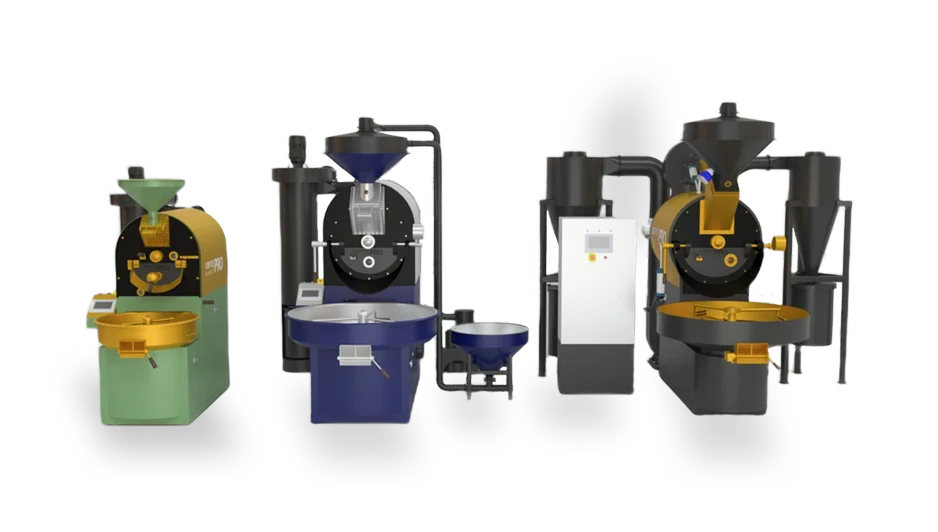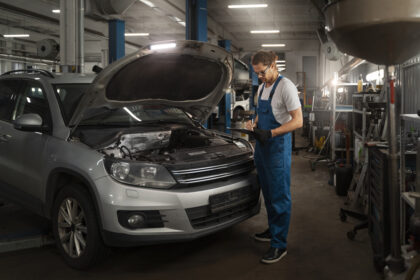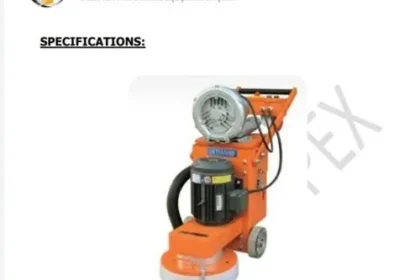Introduction
Setting up a commercial coffee lab is more than just organizing equipment it’s about building a controlled environment to evaluate and improve coffee quality. Whether you’re a specialty coffee roaster, quality control specialist, or an aspiring professional in the industry, a coffee lab plays a vital role in every stage of the coffee supply chain. In this detailed guide, we’ll walk through every aspect of a successful commercial coffee lab setup, highlight the importance of quality testing tools, and introduce you to Coffee Pro Direct, your trusted partner for lab equipment.
Why a Commercial Coffee Lab is Essential
The coffee industry is driven by quality. A well-designed coffee lab provides the infrastructure needed for accurate testing, roast profiling, cupping sessions, and quality assurance. Without it, you’re relying on guesswork instead of data and precision.
The Core Functions of a Coffee Lab
A commercial coffee lab setup serves several crucial purposes:
Cupping and Sensory Evaluation
This is the foundation of any coffee lab. Professional cupping protocols help detect flavors, defects, and overall quality, allowing producers and roasters to maintain consistent standards.
Roast Profiling
Using sample or lab roasters allows professionals to test how different roast curves impact flavor development before scaling to production.
Green Coffee Analysis
Labs analyze green coffee for defects, moisture content, density, and bean size, helping make better purchasing decisions.
Brew Testing and Equipment Calibration
Labs are also used to test brewing methods, grind size, and calibration of grinders, roasters, and espresso machines to ensure precision.
Designing an Efficient Coffee Lab
Design is crucial in a commercial coffee lab setup. From layout to lighting, each element should support productivity and cleanliness.
Allocate Defined Work Zones
Divide your lab into different zones: green coffee analysis, roasting, grinding, brewing, and cupping. This organization ensures smooth workflow and avoids cross-contamination.
Ventilation and Safety
Ensure proper airflow for roasters, especially if you’re using gas-powered units. Install ventilation systems and consider fire safety.
Lighting Matters
Use bright, natural lighting especially in cupping and color assessment areas. The quality of light can influence how you perceive the roast and brew.
Essential Equipment for Commercial Coffee Labs
A high-performing lab depends on reliable, precise tools. Here’s a breakdown of must-have equipment for your commercial coffee lab setup.
Sample Roaster
A sample roaster like the Sample Pro 100 allows small-batch testing to evaluate how different beans behave at various roast levels.
Coffee Grinders for Lab Use
Choose precision grinders that offer micrometric grind adjustment. Consistency in grind size is critical for both cupping and brewing tests.
Moisture Analyzer
Analyzing moisture content in green beans affects storage decisions and roast planning. Lab-grade moisture meters ensure accuracy.
Coffee Tray Sets and Sieves
Used for sorting and grading green coffee by size, sieves help categorize samples for quality control.
Cupping Tables and Trays
Invest in ergonomic, stainless-steel or wooden cupping tables with built-in drainage. Trays help organize samples efficiently.
Scales and Timers
Accuracy in weight and timing is essential during every test from brewing to roasting.
Color Analyzers and Refractometers
Used to measure roast level or TDS (Total Dissolved Solids) in brewed coffee for precise quality control.
Best Practices for Setting Up Your Lab
Now that you know what to include, here are some expert tips for building a successful commercial coffee lab setup.
Keep It Modular
Choose mobile and modular furniture to allow flexibility. As your needs grow, you can rearrange without a full redesign.
Use Food-Safe Surfaces
All countertops should be easy to clean and made from food-grade materials, especially where brewing and cupping occur.
Plan for Storage
Include cabinets for storing cupping bowls, spoons, samples, and spare parts. Clutter can reduce workflow efficiency.
Staff Training and Lab Protocols
Tools mean little without trained professionals using them properly. Make sure your staff understands protocols for:
Cupping evaluation
Roast development
Water quality testing
Bean classification
Create detailed SOPs (Standard Operating Procedures) to ensure consistency, especially when multiple team members work in the lab.
Scaling a Lab for Commercial Use
As your business grows, your commercial coffee lab setup should evolve too.
Invest in Advanced Roasting Software
Use software to track and analyze roast curves, environmental data, and batch feedback to improve quality over time.
Expand Cupping Panels
Invite baristas, buyers, and Q-graders to participate in sensory evaluations. More feedback leads to better coffee.
Integrate Quality Control Systems
Implement digital tools or cloud platforms to log data and track quality trends across batches and origins.
Common Mistakes to Avoid
Here are common pitfalls you can sidestep during setup:
Overbuying equipment: Start with essentials and expand as needed.
Ignoring ergonomics: Uncomfortable stations lead to fatigue and mistakes.
Poor layout design: Inefficient lab flow slows down processes.
Lack of training: Even the best tools are ineffective without knowledgeable staff.

Why Choose Coffee Pro Direct?
If you’re sourcing equipment for a commercial coffee lab setup, trust Coffee Pro Direct. We specialize in high-quality, lab-tested coffee roasting and analysis tools tailored for specialty coffee professionals.
Our catalog includes:
Sample roasters
Lab grinders
Coffee trays
Cupping tables
Moisture analyzers
Lab hulling machines
We offer global shipping, reliable customer support, and equipment built for precision and durability. With us, your lab is in expert hands.
Our Business Location
Coffee Pro Direct
21st Floor, CMA Building, 64 Connaught Road Central, Hong Kong
From our Hong Kong office, we serve roasters, traders, and labs across the globe with top-tier tools and customer-first service.
Customized Coffee Lab Solutions
Every coffee business is different, and so should be your lab. Whether you need a compact space for R&D or a full-scale lab for quality control, Coffee Pro Direct can help design custom packages suited to your goals and budget.
Sustainability in Lab Practices
Today, sustainability is key in every operation. Here’s how your lab can align with environmentally conscious practices:
Use energy-efficient roasters
Recycle chaff and grounds
Opt for reusable cupping bowls and trays
Reduce packaging waste for samples
How a Good Lab Impacts Business Success
Your commercial coffee lab setup isn’t just a technical space. It’s a powerful sales tool. By showcasing your commitment to quality, transparency, and consistency, you earn the trust of partners, retailers, and consumers.
Conclusion
A functional, well-equipped commercial coffee lab setup is essential for any business aiming to deliver quality and consistency in the coffee industry. From evaluating beans to fine-tuning roast profiles, every detail matters. With the right tools, thoughtful design, and expert support from Coffee Pro Direct, your lab can become the heartbeat of your operation where science, passion, and precision meet in every cup.
FAQs
1. What is the ideal size for a commercial coffee lab?
The size depends on your operation. A small lab can start at 100–200 sq ft, while full-scale labs may exceed 500 sq ft with multiple workstations.
2. How much does a complete coffee lab setup cost?
Basic setups may start around $5,000, while advanced labs with automation and full analytics can exceed $50,000.
3. Do I need a Q Grader to run a coffee lab?
Not necessarily. However, having a Q Grader or trained sensory analyst ensures more accurate and industry-standard assessments.
4. Can Coffee Pro Direct help with international shipping?
Yes, we offer global shipping and logistics support for all coffee lab equipment orders.
5. How often should equipment in a lab be calibrated?
Calibration should be done monthly or quarterly depending on usage, especially for scales, grinders, and roast profile tools.




